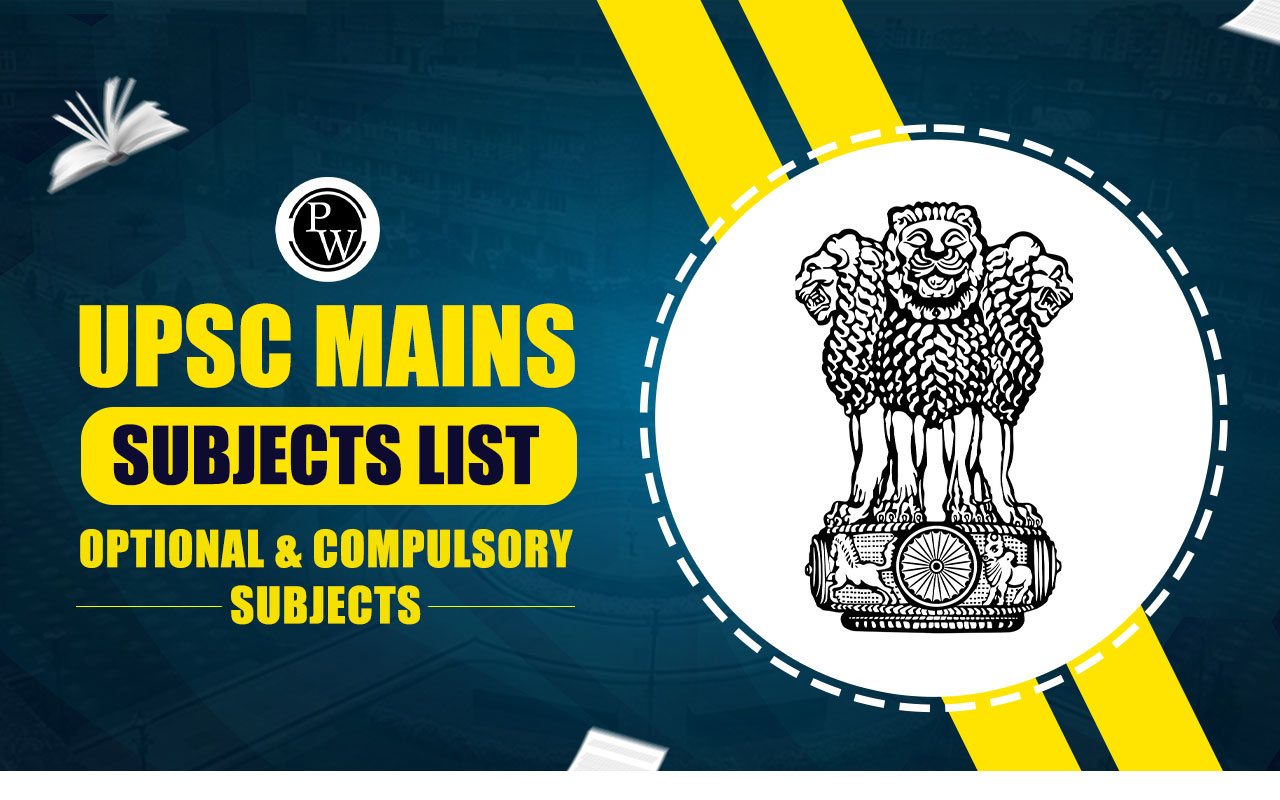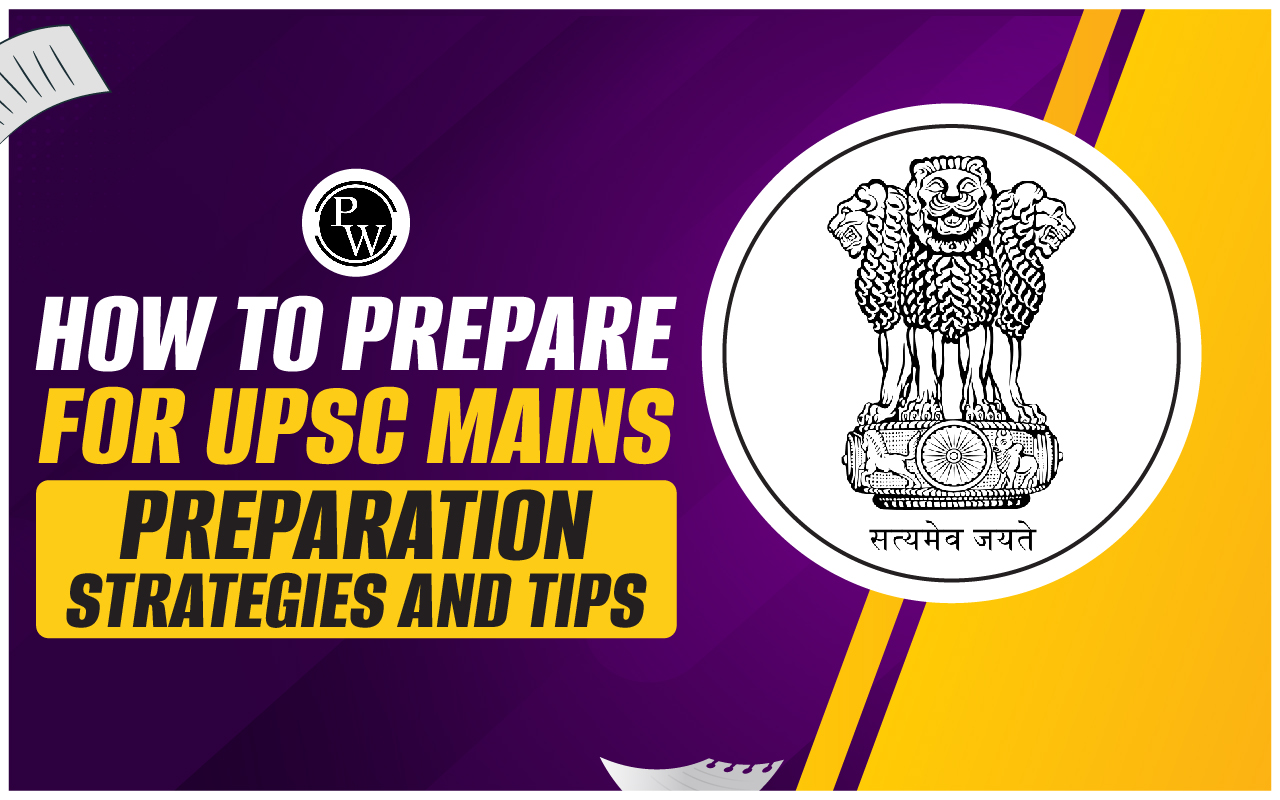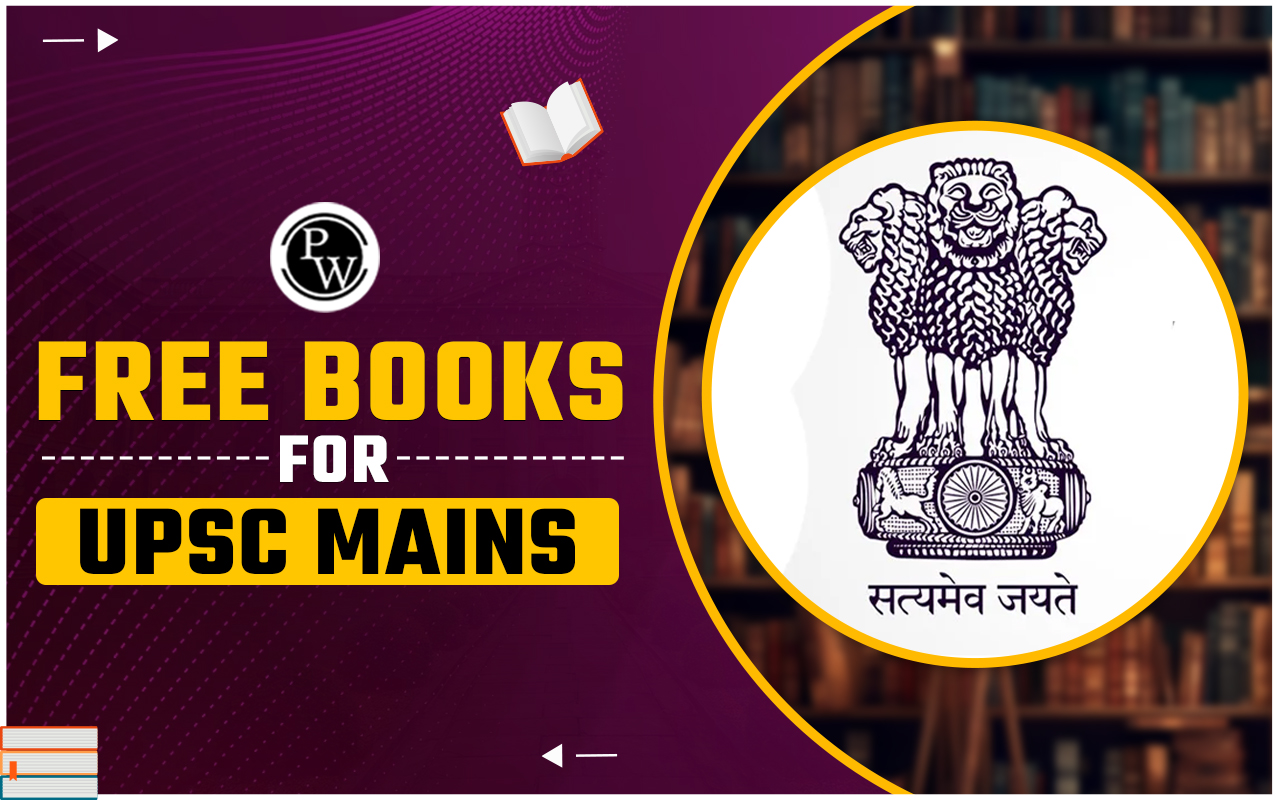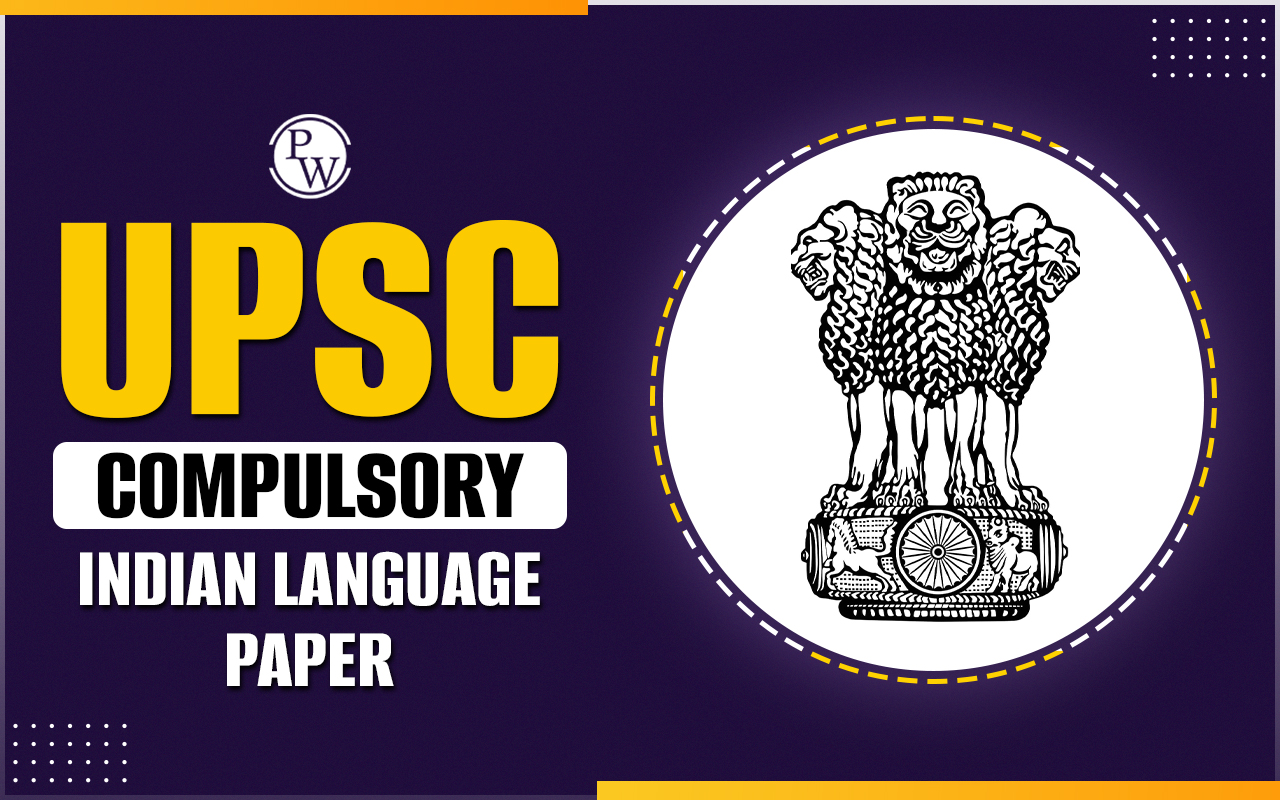
UPSC Management Optional 2025: Are you planning to choose Management as your UPSC optional subject, but wondering where to start? Then, you have landed in the right place. UPSC Management Optional is a smart choice for candidates with a background or keen interest in business, economics, or organizational behavior. As one of the 48 optional subjects offered in the UPSC Civil Services Mains, Management stands out for its structured syllabus, conceptual clarity, and practical relevance. Read on to get comprehensive details about the UPSC Management Optional syllabus, preparation tips, recommended books, and much more.
UPSC Management Optional Syllabus 2025
The syllabus for the UPSC Management Optional exam is designed to test the knowledge of candidates in various Management concepts and evaluate their ability to apply them in real-world scenarios. Candidates can check the complete syllabus for Paper I & Paper II from below:UPSC Management Optional Syllabus for Paper I
Management Optional UPSC Paper I covers a wide range of topics across different areas of Management, including the evolution, functions, and responsibilities of management. Here's a brief overview:
|
|
|
|
|
|
|
|
|
|
|
|
UPSC Management Optional Syllabus for Paper II
UPSC Management Optional Paper II syllabus provides candidates with a comprehensive understanding of Management principles, theories, and practices, which are essential for effective governance and administration. Check out the complete syllabus of the Management optional Paper II below:
|
|
|
|
|
|
|
|
|
|
|
|
Pros and Cons of UPSC Management Optional Subject
Deciding on the Management Optional for the UPSC exam has its perks and drawbacks. Understanding these can help you weigh your options effectively. Let's take a closer look at the advantages and disadvantages of choosing Management as your optional subject:Pros of UPSC Management Optional Subject
- Management is a subject of contemporary relevance, making it easier for candidates to relate to real-world scenarios.
- It incorporates elements from various disciplines such as economics, psychology, sociology, and accounting, providing a holistic understanding.
- It gives career benefits not only in the UPSC exam but also in administration, public policy, or corporate Management.
- The competition is lower compared to other subjects, increasing the chances of selection.
- No overlap with prelims paper, minimizing competition from similar disciplines.
- Questions are often repeated over time, offering opportunities for targeted preparation by studying previous years' UPSC question papers.
- Further, Management studies foster leadership qualities essential for effective administration.
Cons of UPSC Management Optional Subject
- The syllabus for Management Optional is vast and requires diligent preparation to cover all topics effectively.
- Some topics, such as accounting and finance, may require a basic understanding of numerical concepts. It could be challenging for candidates from non-commerce backgrounds.
UPSC Management Optional Exam Pattern
The exam comprises two papers, Paper I and Paper II, each carrying 250 marks, making the total marks for the exam 500. These two papers are a part of the nine subjective papers of the UPSC Mains. The marks obtained by a candidate in the optional exam hold significant importance in deciding whether they qualify for the interview round.| Particular | Details |
| Mains Paper | Paper VI and Paper VII |
| Subjects | Management Optional Paper-I and Management Optional Paper-II |
| Total Marks | 500 (250 Each) |
| Time allowed | 3 Hours for each paper |
| Sections | Section A and Section B |
| Questions | Total 8 questions with subparts |
| Compulsory Question | Question No. 1 and 5 |
| Marks Distribution | 10, 15, and 20 marker questions |
UPSC Mains Management Optional Preparation Tips
With thorough preparation, strategic planning, and dedication, candidates can successfully navigate through the syllabus and emerge as top performers in the UPSC exam. Here are some strategic approaches you can follow to cover and score higher in the UPSC Management optional paper:- Begin by thoroughly understanding the UPSC Management Optional syllabus and identifying key areas of focus.
- The first thing a candidate must do is identify high-weightage topics. After that, prioritize them based on your strengths and weaknesses.
- Focus on building a strong conceptual foundation by referring to standard textbooks and supplementary materials.
- You can solve previous years' question papers and mock tests to familiarize yourself with the exam pattern and improve time management.
- It's recommended to practice writing answers regularly. It would be great to post at least one answer daily in a group setting.
- Stay updated with current affairs related to management and business trends, as they often form a significant part of the exam.
- Make your notes short and crisp so you can revise in the 5-day gap before your exam.
List Of Books for UPSC Management Optional
To cover the syllabus effectively, candidates should refer to authoritative books and study materials. Some of the recommended books that are also referred to by toppers for UPSC Management Optional include:| Books for Paper I | Books for Paper II |
| Managerial Function and Process: Management by Robbins, Mary Coulter | “Quantitative Approaches to Management” by Levin and Rubin |
| "Marketing Management" by Philip Kotler | Quantitative techniques in decision making: Business Statistics by Sanjiv Jaggia |
| Financial Management by Prasanna Chandra | Operations Management by Heizer |
| Human Resource Management by K Aswathappa | Management Information System by O’Brien. |
| Organizational Behaviour and Design by Robbins | International Business from NCERT Business Studies |
| Cost and Management Accounting by the Institute of Company Secretaries of India; NCERT XI and XII. | “Operations Management” by Heizer and Render. |
UPSC Management Optional Toppers
Management optional has a moderate success rate of around 12-15%, with fewer than 200 candidates choosing it. Here are some toppers who took this subject as optional in UPSC Mains:
| Name | Year |
| Pankaj Yadav | 2021 |
| Ritesh Bhatt | 2016 |
| Manuj Jindal | 2016 |
| Asim Anwar | 2015 |
| Nagendra Singh | 2013 |
UPSC Management Optional FAQs
Is a background in commerce necessary to choose UPSC Management Optional?
Background in commerce can provide you with some advantages. However, it is not necessary.
Who should choose Management as an optional subject?
Candidates with a background in BBA, MBA, Commerce, or interest in business studies.
Is management a good optional for UPSC?
Management optional is considered a decent subject with a success rate of around 12-15% as per previous data. So, if you have a background in this
Is Management a scoring optional in UPSC?
Yes, it can be scoring with the right strategy and conceptual clarity.
Is coaching necessary for UPSC Management optional?
Not mandatory, but helpful if you lack a background or access to proper resources.
Talk to a counsellorHave doubts? Our support team will be happy to assist you!

Free Learning Resources
PW Books
Notes (Class 10-12)
PW Study Materials
Notes (Class 6-9)
Ncert Solutions
Govt Exams
Class 6th to 12th Online Courses
Govt Job Exams Courses
UPSC Coaching
Defence Exam Coaching
Gate Exam Coaching
Other Exams
Know about Physics Wallah
Physics Wallah is an Indian edtech platform that provides accessible & comprehensive learning experiences to students from Class 6th to postgraduate level. We also provide extensive NCERT solutions, sample paper, NEET, JEE Mains, BITSAT previous year papers & more such resources to students. Physics Wallah also caters to over 3.5 million registered students and over 78 lakh+ Youtube subscribers with 4.8 rating on its app.
We Stand Out because
We provide students with intensive courses with India’s qualified & experienced faculties & mentors. PW strives to make the learning experience comprehensive and accessible for students of all sections of society. We believe in empowering every single student who couldn't dream of a good career in engineering and medical field earlier.
Our Key Focus Areas
Physics Wallah's main focus is to make the learning experience as economical as possible for all students. With our affordable courses like Lakshya, Udaan and Arjuna and many others, we have been able to provide a platform for lakhs of aspirants. From providing Chemistry, Maths, Physics formula to giving e-books of eminent authors like RD Sharma, RS Aggarwal and Lakhmir Singh, PW focuses on every single student's need for preparation.
What Makes Us Different
Physics Wallah strives to develop a comprehensive pedagogical structure for students, where they get a state-of-the-art learning experience with study material and resources. Apart from catering students preparing for JEE Mains and NEET, PW also provides study material for each state board like Uttar Pradesh, Bihar, and others
Copyright © 2026 Physicswallah Limited All rights reserved.









